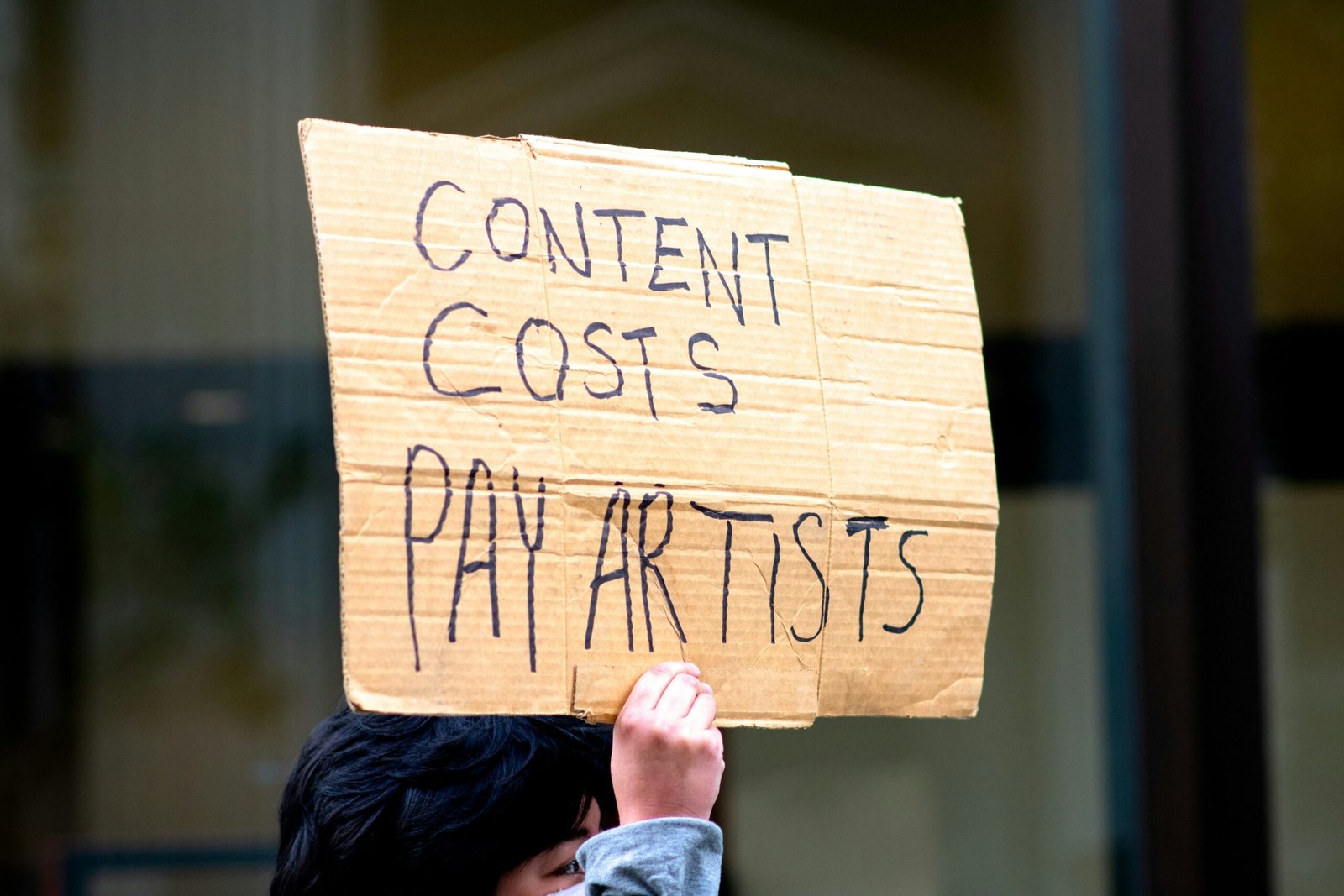The Power of Protest Music
Protest music has long been a powerful tool for expressing dissent and advocating for social change. From Bob Dylan’s iconic “Blowin’ in the Wind” to Kendrick Lamar’s thought-provoking “Alright,” these songs have the ability to inspire, unite, and challenge societal norms. While protest music often addresses political and social issues, it can also explore other important topics, including the complexities of human sexuality.
Exploring Sexual Aspects in Protest Music
Sexuality is a fundamental aspect of human existence, and its exploration in music is nothing new. Artists have long used their platform to discuss and challenge societal norms surrounding sex and sexuality. Protest music, with its focus on pushing boundaries and questioning the status quo, is a natural medium for addressing these topics.
One example of protest music that delves into sexual aspects is “Like a Prayer” by Madonna. Released in 1989, the song sparked controversy with its provocative lyrics and religious imagery. By blending themes of spirituality and sexuality, Madonna challenged traditional notions of female sexuality and the role of organized religion in society.
Another notable example is “Formation” by Beyoncé. Released in 2016, the song celebrates black culture and female empowerment. In the lyrics, Beyoncé proudly embraces her sexuality and challenges societal expectations placed on women of color. By doing so, she highlights the intersectionality of race, gender, and sexuality, and the importance of embracing one’s identity without shame.
The Connection between Protest Music and Sexual Aspects
Protest music and sexual aspects are often intertwined because they both challenge societal norms and seek to create change. By addressing sexual topics in their music, artists can shed light on issues such as gender inequality, LGBTQ+ rights, and the importance of consent.
One example is the song “Same Love” by Macklemore & Ryan Lewis. Released in 2012, the song advocates for LGBTQ+ rights and challenges homophobia. By discussing same-sex relationships and the struggles faced by the LGBTQ+ community, the artists use their platform to promote acceptance and equality.
Protest music also has the power to address the objectification and commodification of sexuality. Artists like Janelle Monáe and Lizzo have used their music to reclaim agency over their bodies and challenge societal beauty standards. Through their lyrics and performances, they encourage self-love, body positivity, and the celebration of diverse sexualities.
The Impact of Protest Music on Society
Protest music has the ability to spark conversations, challenge the status quo, and inspire social change. By addressing sexual aspects, artists can contribute to a more inclusive and accepting society. These songs can help break down barriers, promote understanding, and empower individuals to embrace their own sexuality.
Furthermore, protest music can serve as a form of catharsis for those who feel marginalized or silenced. By hearing their experiences and emotions reflected in music, individuals can feel validated and find solace in knowing they are not alone.
It is important to note that protest music is not limited to mainstream artists. Throughout history, marginalized communities have used music as a means of resistance and self-expression. From the blues and jazz movements of the early 20th century to the hip-hop and punk scenes of today, artists from diverse backgrounds continue to use their voices to challenge societal norms and advocate for change.
In Conclusion
Protest music has the power to address a wide range of social issues, including sexual aspects. By exploring and challenging societal norms surrounding sex and sexuality, artists can contribute to a more inclusive and accepting society. Whether it’s through lyrics that promote self-love and body positivity or songs that advocate for LGBTQ+ rights, protest music has the ability to inspire, empower, and create lasting change.

